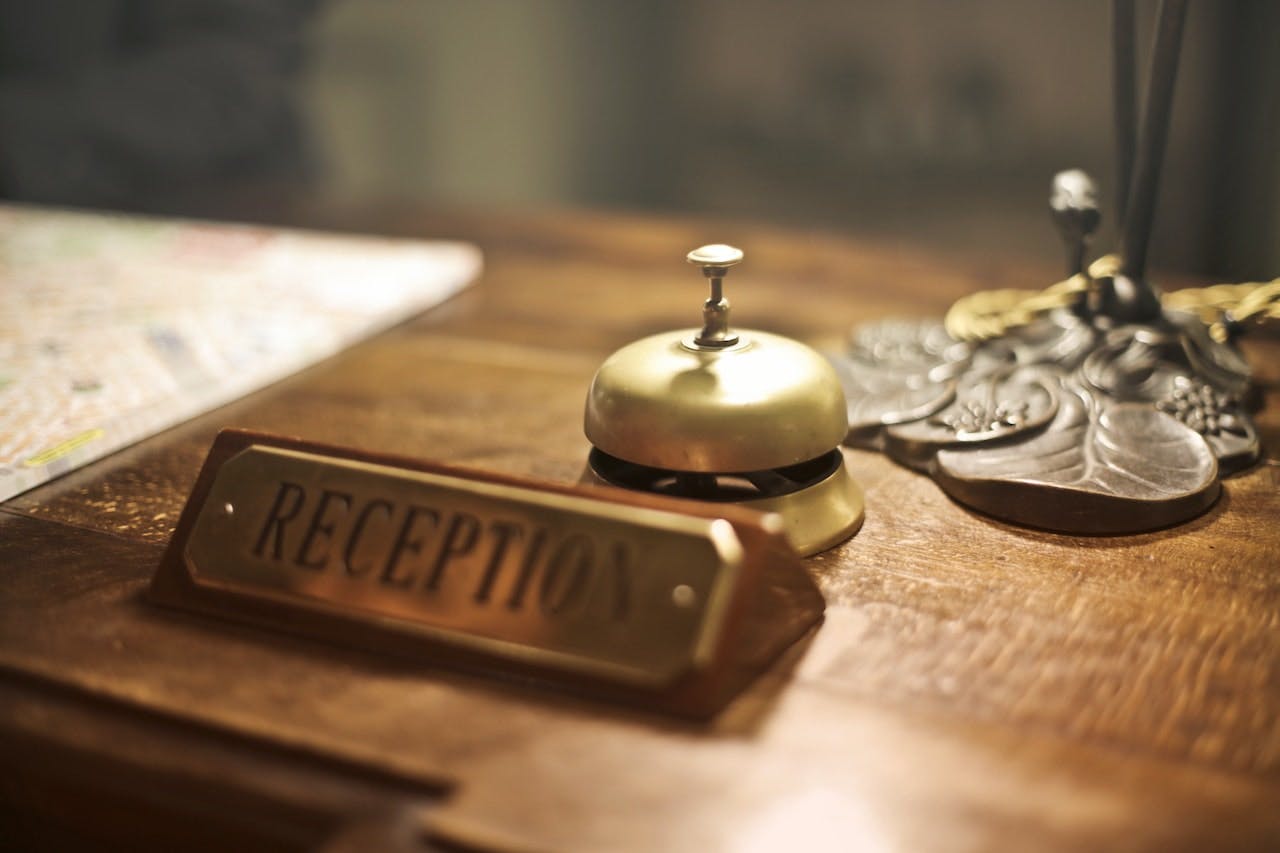Hotels that care about the well-being and satisfaction of their guests strive to provide first-class amenities, luxury rooms, and convenient services.
However, one consideration that they must get right is cleanliness and housekeeping. Providing clean rooms and communal areas is essential for ensuring customer safety and improving hotel reputation, which naturally leads to positive reviews and repeat business.
Housekeeping is an even bigger priority today as guest expectations have increased since COVID-19, and only about half of guests are “satisfied” with how the hotel industry has approached sanitation.
Because hotels are large and come with many varied rooms and amenities, let’s go over what you should cover regarding hotel housekeeping.
What Does “Housekeeping” in a Hotel Usually Involve?
Housekeeping aims to deliver your guests a clean and sanitized environment, whether they’re in their rooms, at the pool, or in a restaurant. It takes planning, policies, and communication to handle housekeeping for an entire hotel.
The first place to look is within individual guest rooms. Housekeepers aim to make everything spotless, from the bathroom to the closet area. If previous tenants lived there before, make sure the next ones get a clean slate. Specific tasks to address include:
- Removing trash from the room
- Sanitizing every countertop, desk, and surface
- Finishing the laundry and removing dirty towels from the bathroom
- Changing the bedsheets
- Replacing supplies like garbage bags, coffee machines, and other amenities
- Ensuring that any extras or add-ons ordered by new guests is ready at move-in
- Always wearing gloves when cleaning to prevent cross-contamination
This procedure applies to every room in the hotel, so housekeepers need to schedule their work so that enough time is available for the whole job.
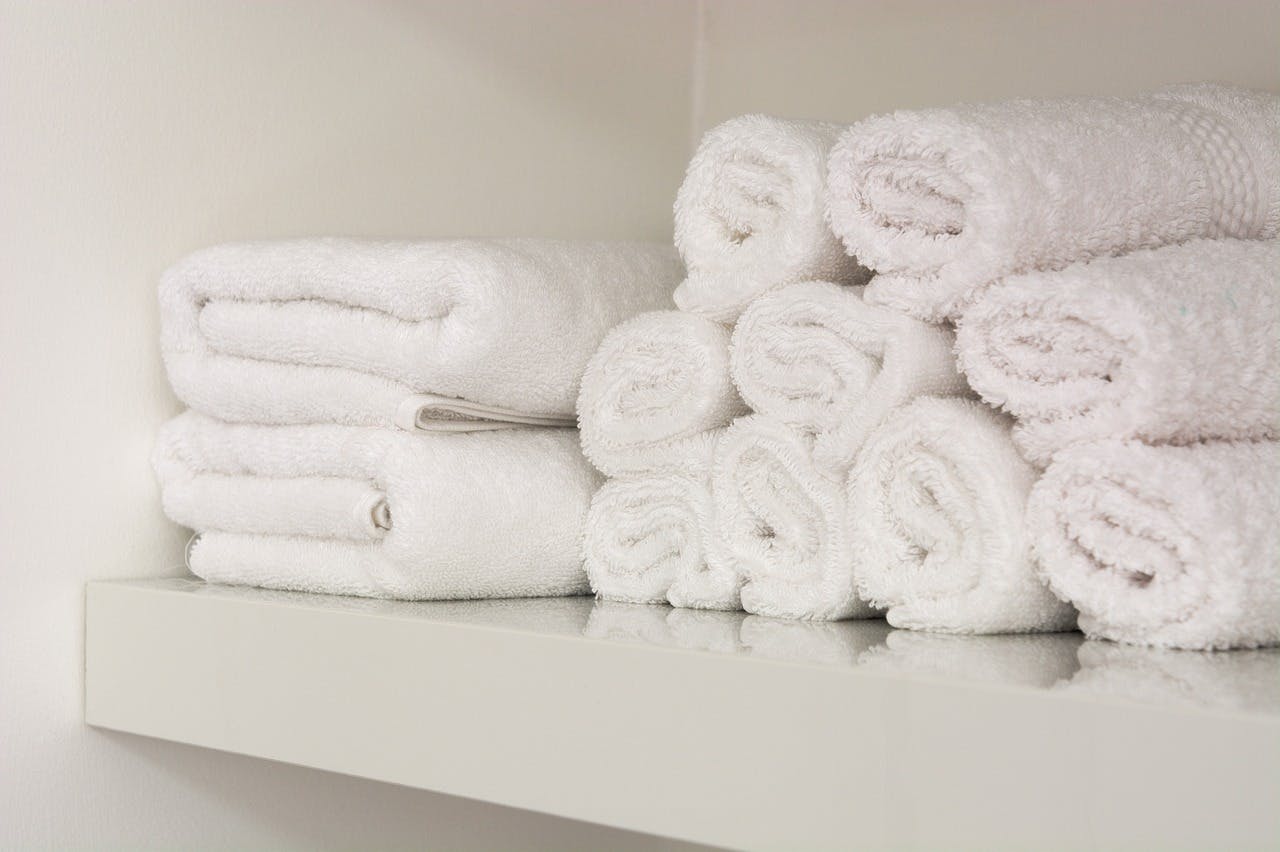
Specific Spots to Cover
Hotel cleanliness goes beyond just guest bedrooms.
- The entrance and reception area—designed for check-ins, concierge, airport taxis, and other services—deserves your attention because it gives guests a positive first impression of your hotel. It’s an area that faces heavy foot traffic daily, so emphasize floor cleaning and polish.
- Bathrooms, in addition to sanitary disposal of waste, can benefit from air fresheners or air purifiers to supplement built-in ventilation.
- Restaurants, kitchens, and dining areas include anything from room service to coffee shops and bars. Cleanliness is key for food safety, but policies must also be in place to ensure that cooks and staff have sufficient handwashing facilities throughout the day.
- Common areas include pools, spas, public office spaces, and conference rooms. These places are active regularly, making sanitation a priority. Many hotel pools require guests to shower first. Have hand sanitizers available for guest usage as well.
Tips for an Effective Hotel Hygiene Program
Implement policies for housekeepers to get their jobs done more quickly and effectively.
- Clean bedrooms before cleaning the bathrooms to prevent cross-contamination.
- Open the windows to bring in fresh air and remove lingering odors of cleaning supplies.
- Use mattress and pillow protectors, which are removable for easy washing.
- Keep an eye on your inventory so housekeepers can replace room items and cleaning supplies.
It’s important to leave room in the budget for procuring cleaning supplies, including air fresheners, gloves, vacuums, dusters, and even the trolley cart for moving between rooms.
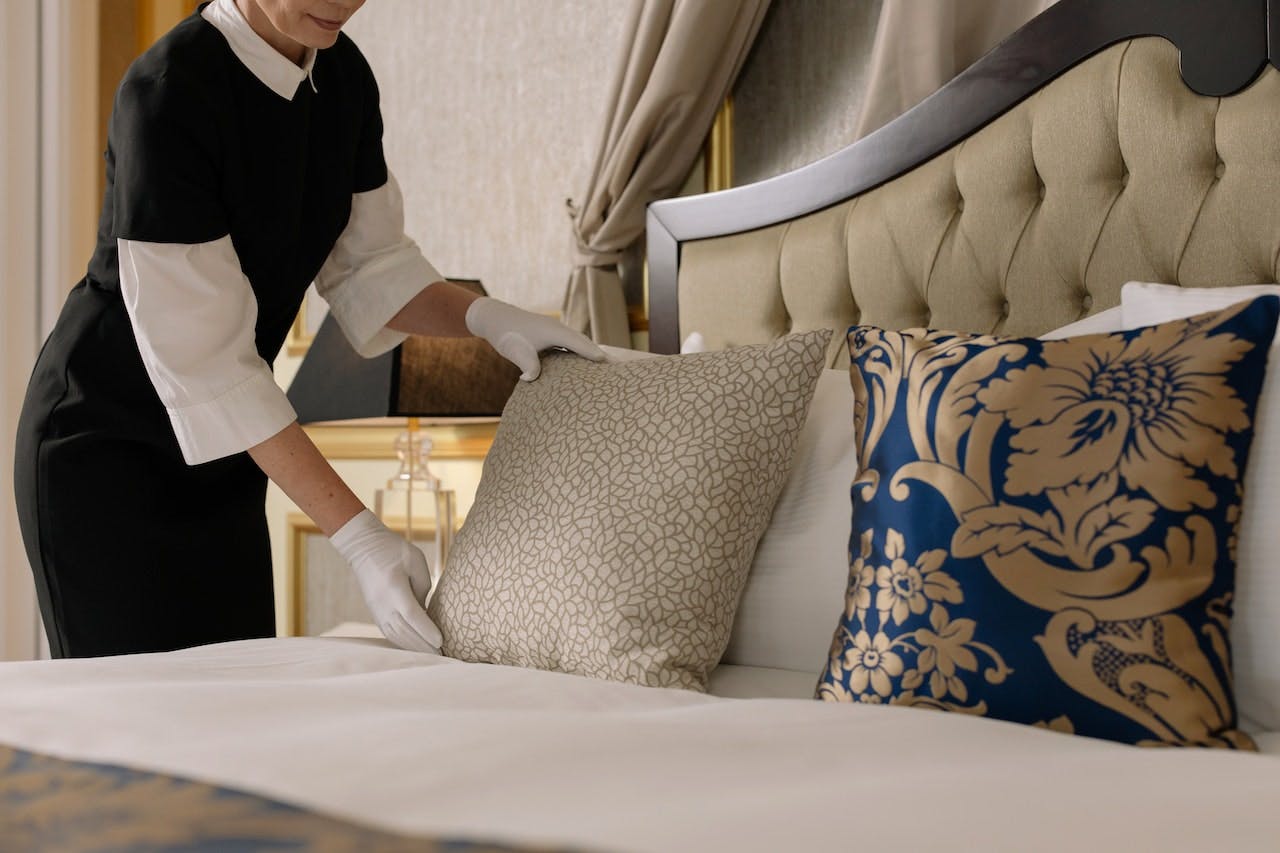
Setting Up a Cleaning Department
Cleanliness is so important to hotels that many have entire departments dedicated to housekeeping. In terms of staff, most hotels have several people on duty:
- A floor supervisor for reporting on issues found throughout the hotel and inspecting rooms and public areas. This individual regularly checks the lobby, elevators, restaurants, and other spaces.
- Night staff should be on duty to provide guests extra linens and cleaning services during the off-hours.
- Laundry rooms might have staff for segregating laundry based on color and maintaining the machines.
A 24/7 help desk can be open to address guest concerns at any time, and a laundry area is helpful for washing and drying uniforms, bed linens, and towels. Finally, a storage room for housekeeping supplies and cleaning equipment is an excellent way to make sure you don’t run out.
Hosting Regular Inspections
Hotels use cleaning inspections to check on the quality of sanitation throughout the hotel and inspect the performance of housekeepers. While you can rely on robust cleaning policies, guests will appreciate that you can actively check on and enforce them in the field.
Many see inspections as superfluous because they involve a ton of clipboard checklists, reports, and paperwork. However, it’s now possible to conduct safety and cleaning checklists digitally using mobile inspection software. Running directly on a mobile phone, these applications allow inspectors to go through the inspection efficiently while reporting on potential concerns in real time.
For instance, you can use your phone’s camera to take pictures and make notes on them to add to the report. Your findings are instantly available digitally, and the hotel can use them to adjust cleaning policies or order new supplies.
Get Rave Reviews From Guests with monitorQA
Health and safety is especially paramount in the hospitality industry. Clean and comfortable hotel rooms, lobbies, and common areas improve the experience for guests and encourage them to recommend you to friends or come back for more.
Hotel housekeeping covers anything from washing bed linens and towels to regularly sanitizing common areas with heavy foot traffic. It’s important to train housekeeping staff on cleaning special amenities like swimming pools, gymnasiums, and office spaces.
Inspections and audits also play a significant role in measuring and reporting on your progress. Hotels benefit from collaboration-focused mobile auditing software. These apps are easy to use, conveniently available on your phone, and instantly share inspection findings digitally so the hotel can make corrections and improve guest outcomes.
monitorQA’s intuitive mobile inspection software has everything you need to elevate the guest experience. Are you ready to achieve operational excellence in hotel housekeeping?
Start your free trial today.
last modified:09.17.24
Recent Posts
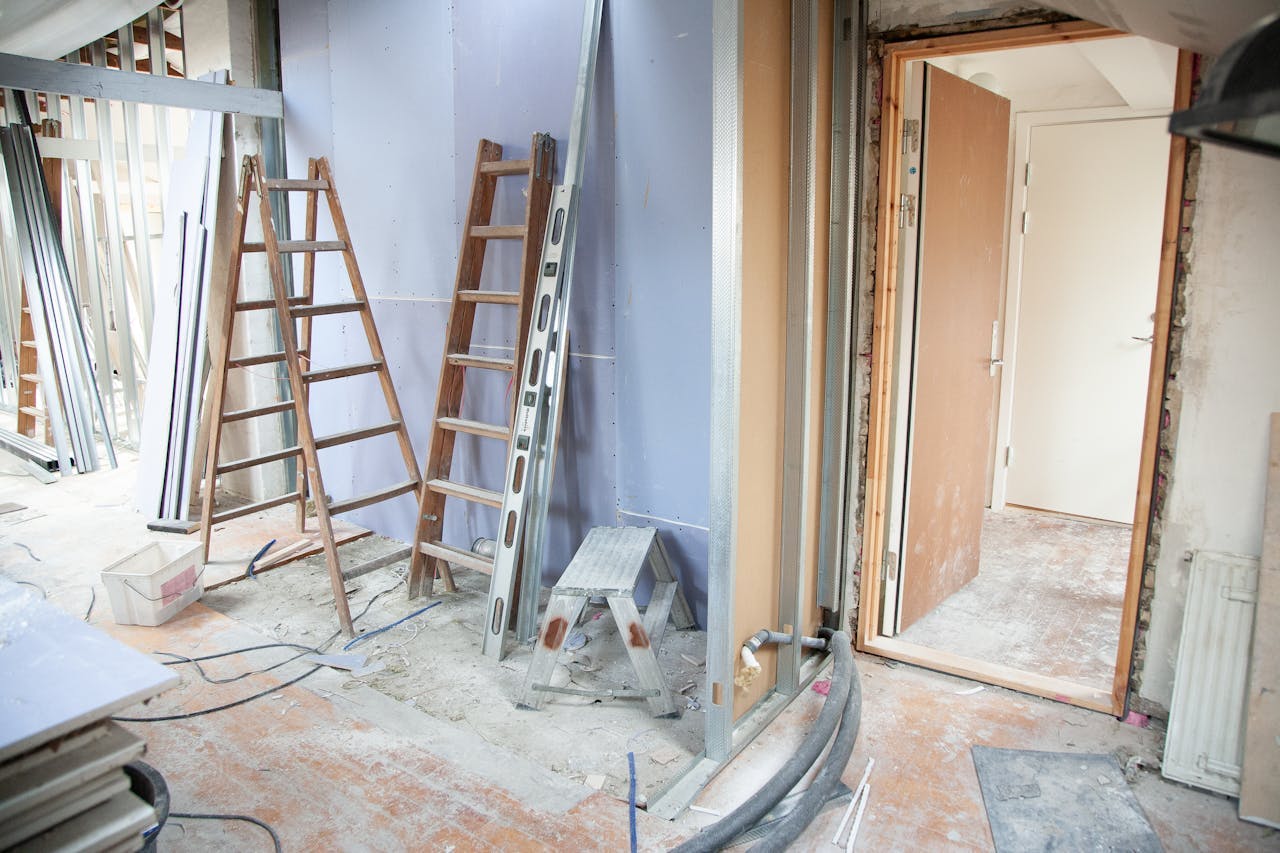
OSHA Ladder Safety 101: How to Meet OSHA Standards and Keep Your Workers Safe
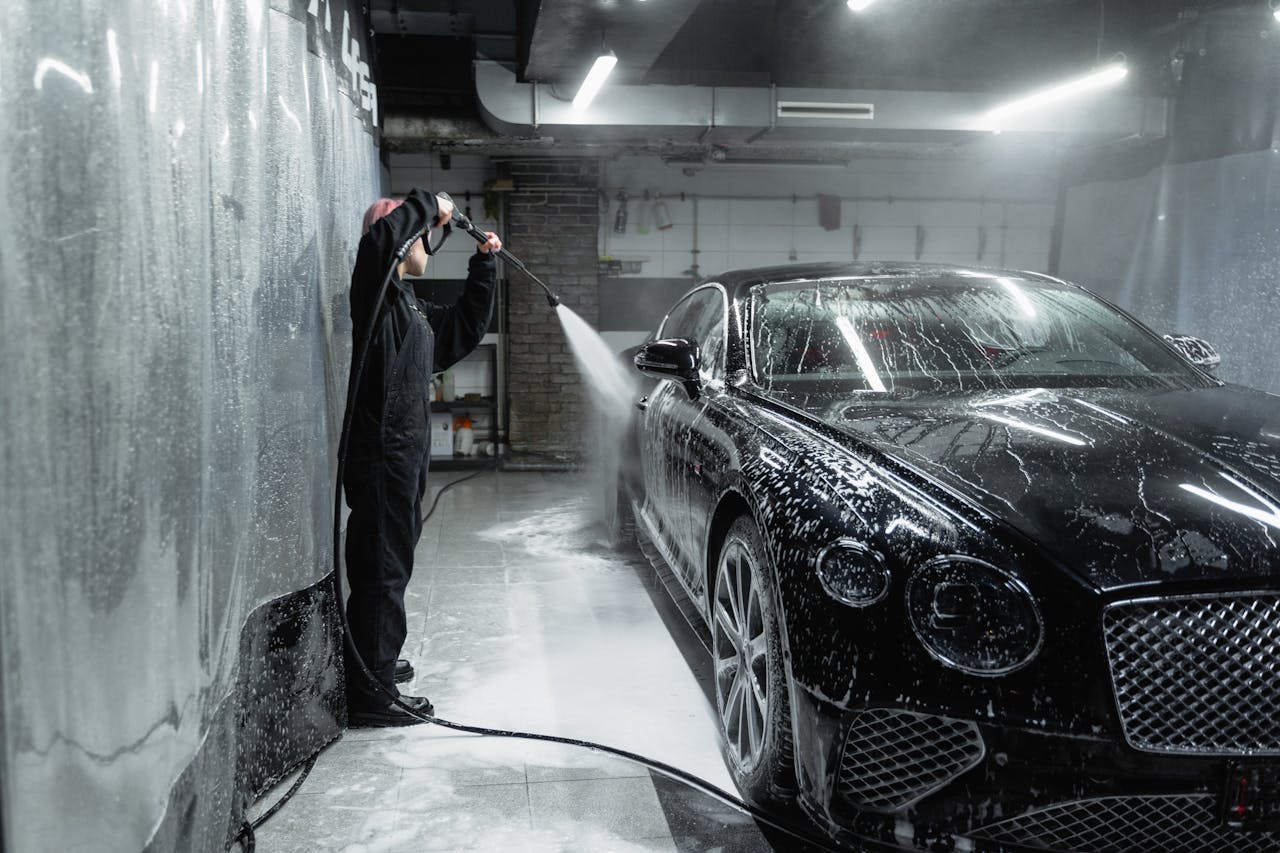
Car Wash Safety: Regulations & Best Practices You Need to Know
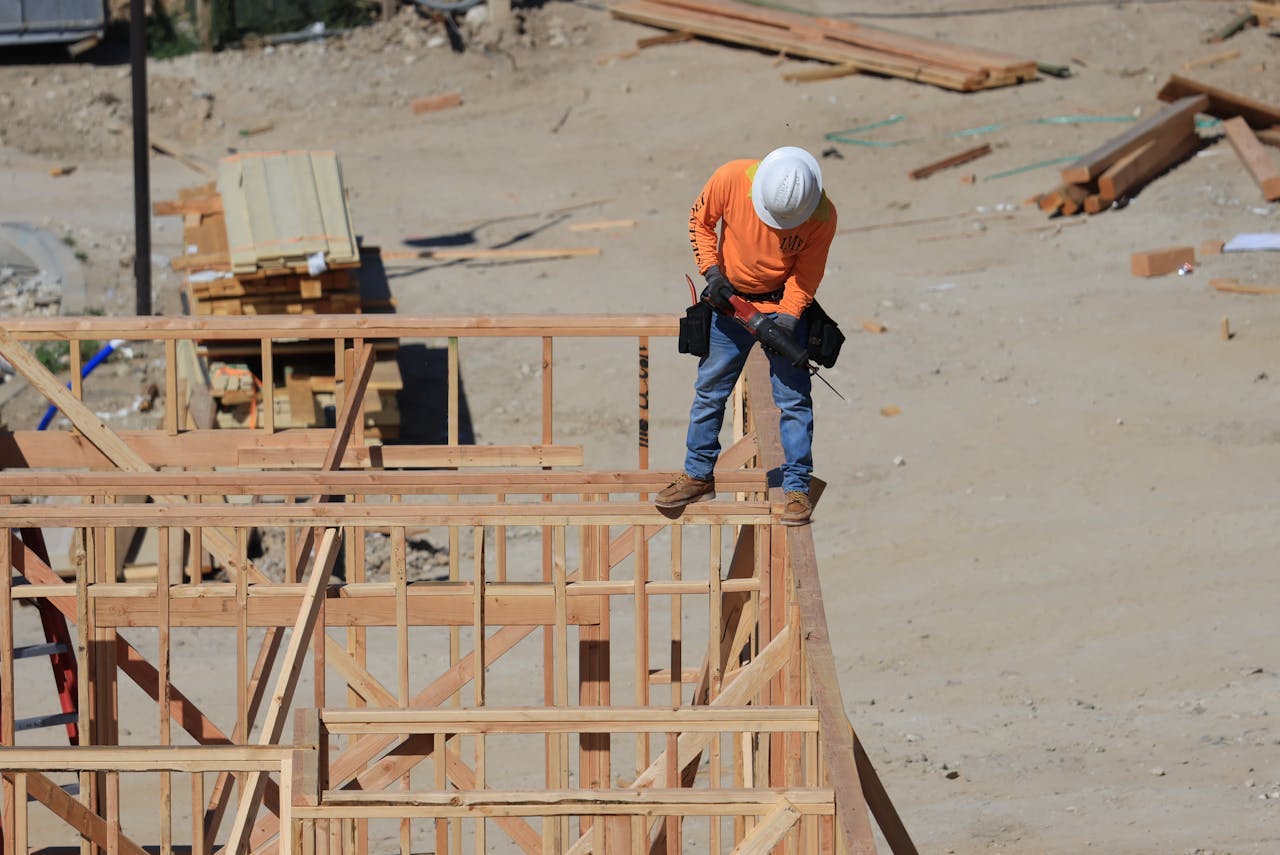
Fall Hazards At Work: How To Keep Your Employees Safe
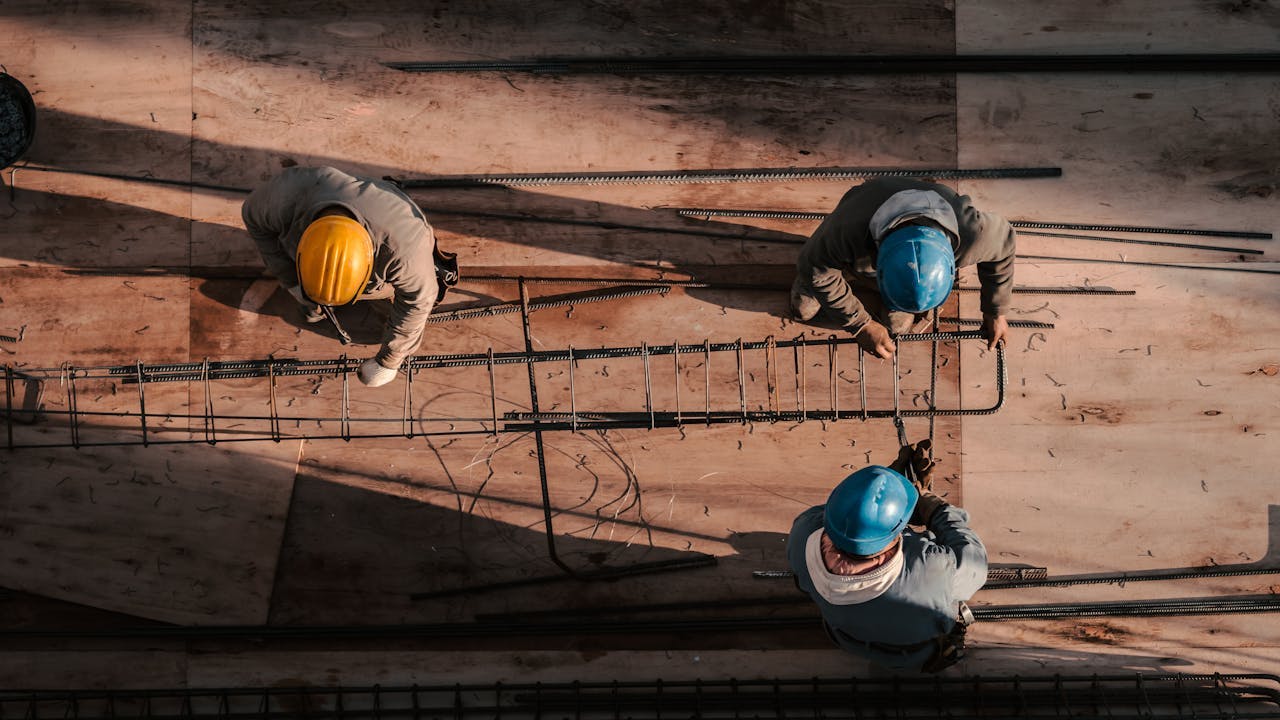
The High Price of Neglect: OSHA Violations and Penalties

Expert Advice on Preventing Workplace Electrical Hazards
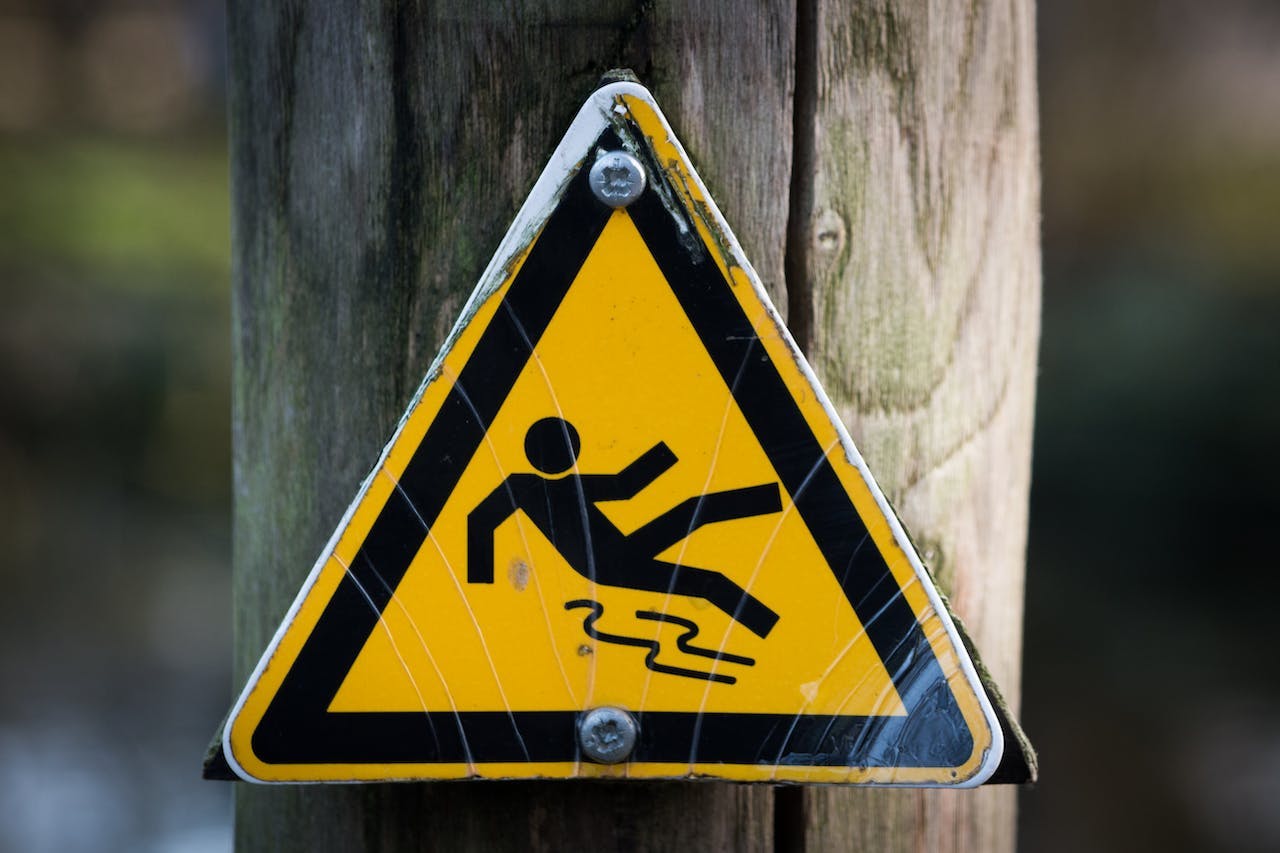
Slips, Trips and Falls in the Workplace: Best Practices

HSEQ Audit: The Complete Guide
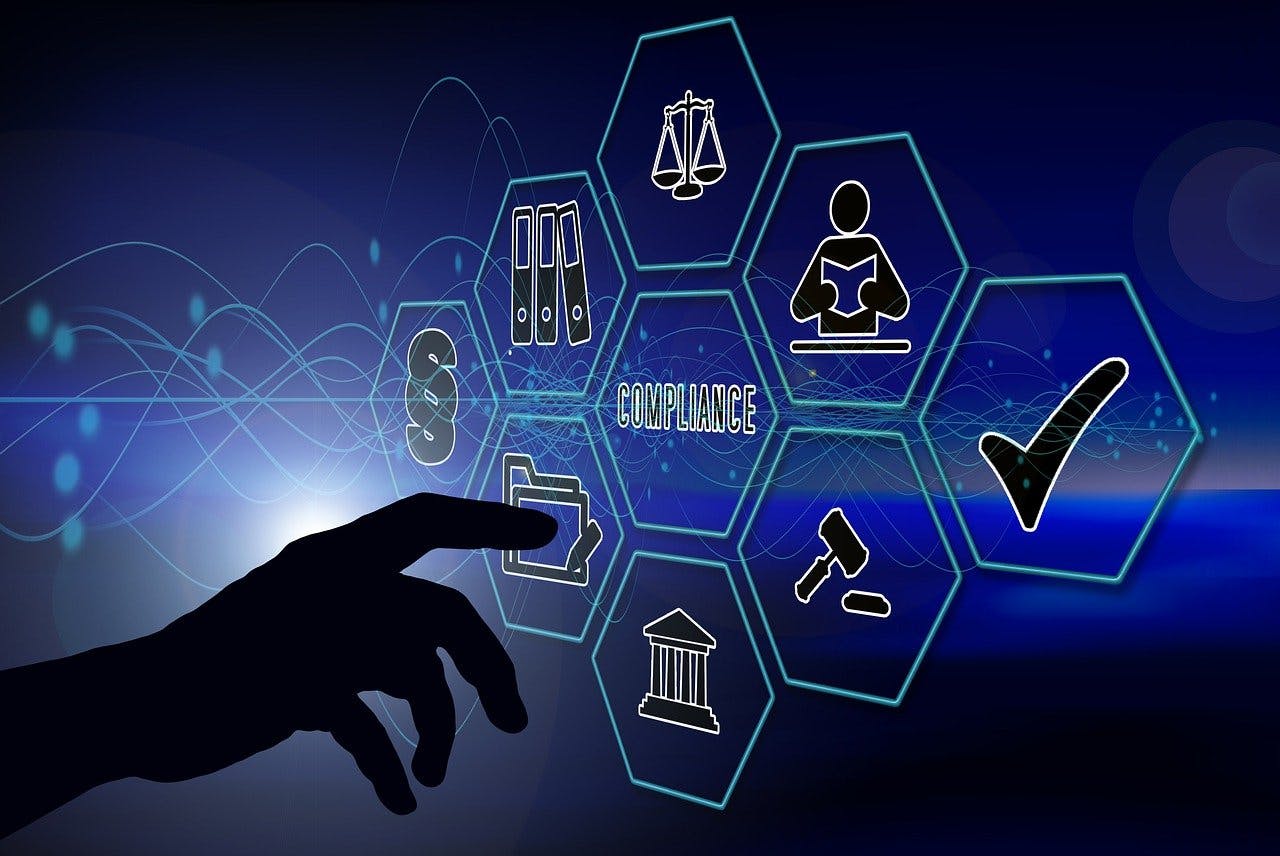
Keeping Up With Compliance Trends 2024
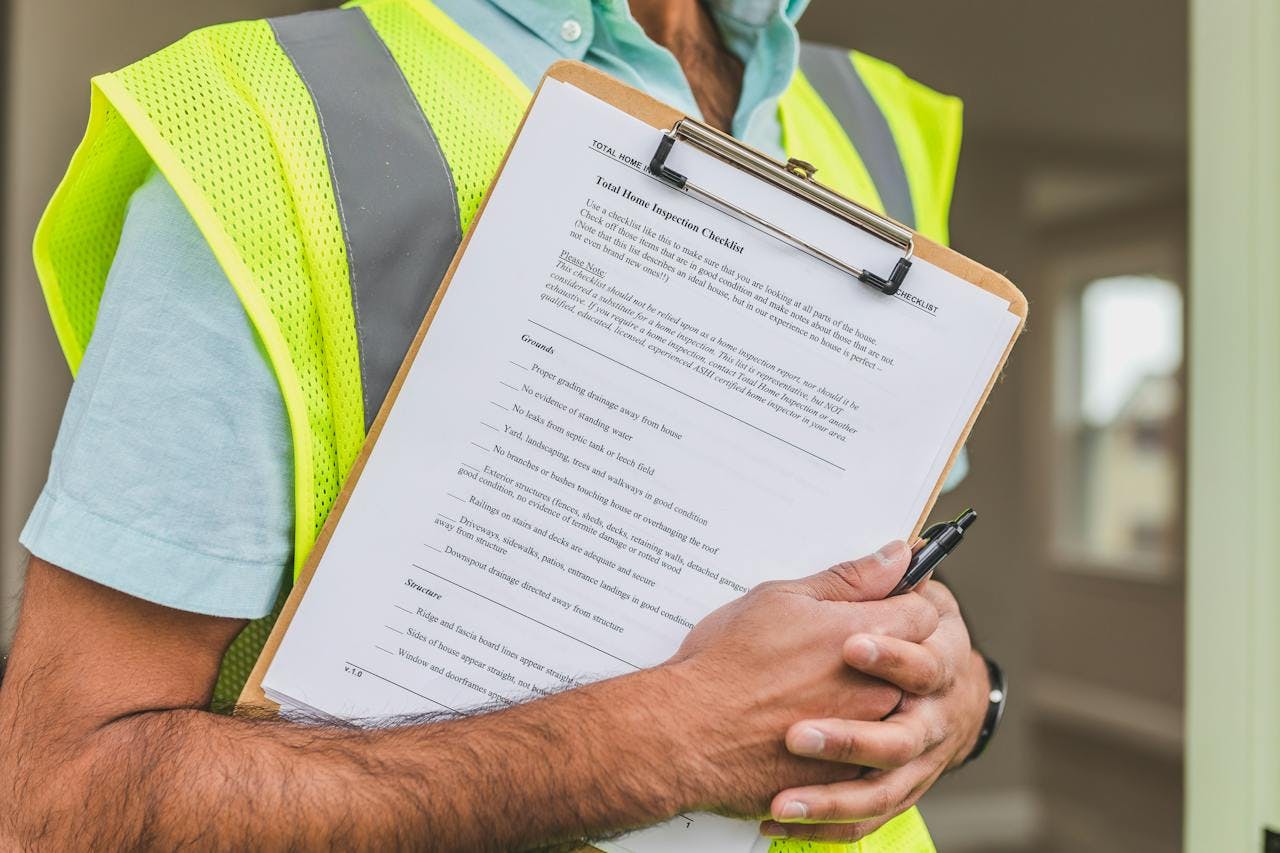
Improve Safety: Inspection Management Software Benefits
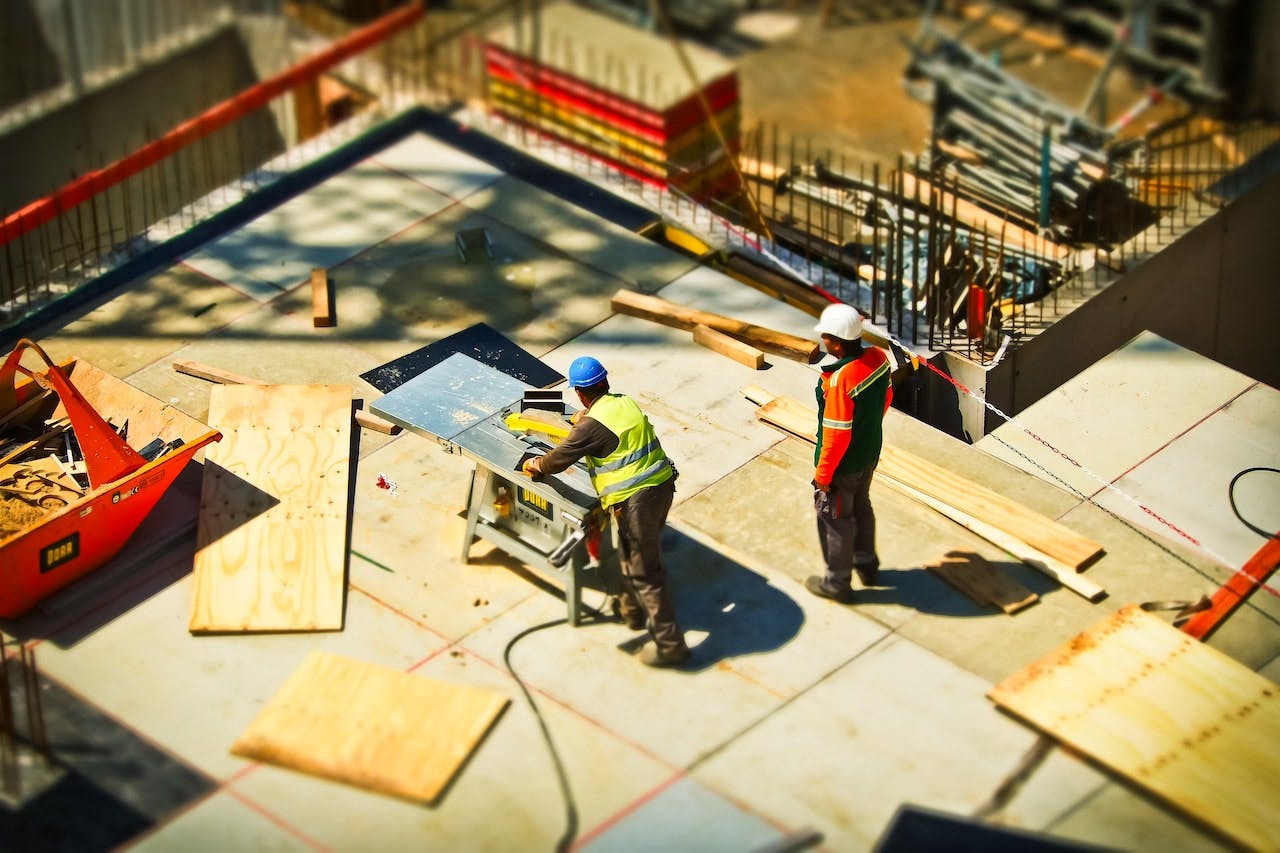
Promoting Safe and Productive Working Environments: Occupational Health & Safety Tips to Consider
